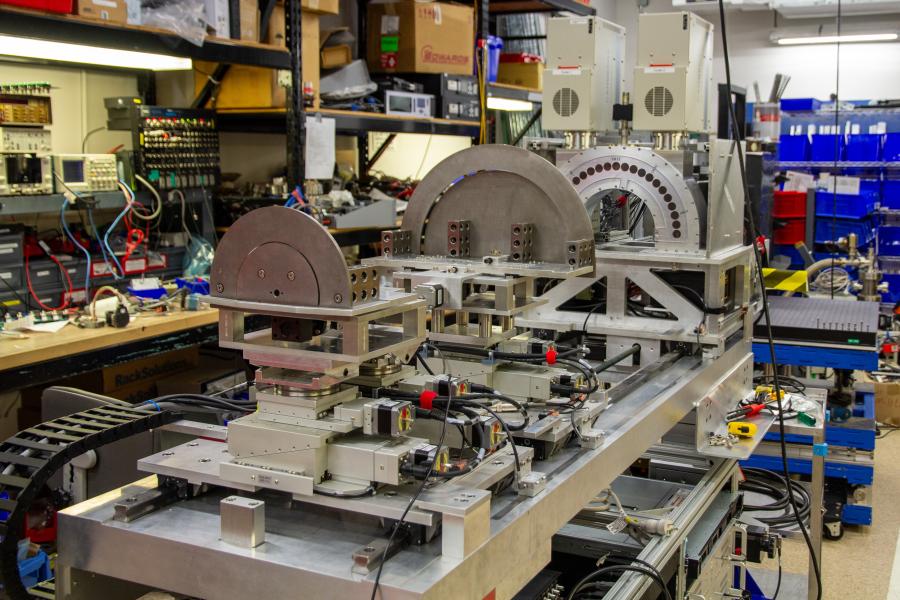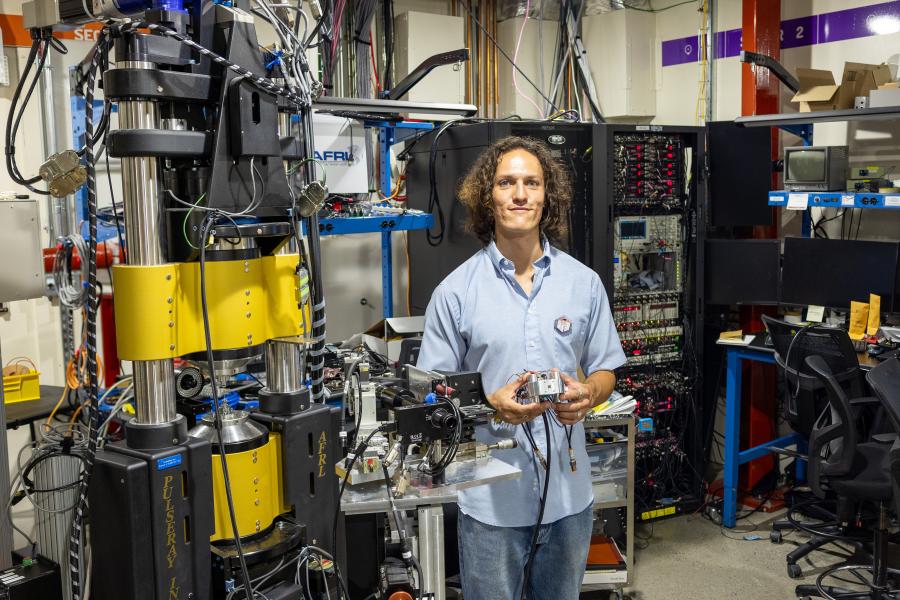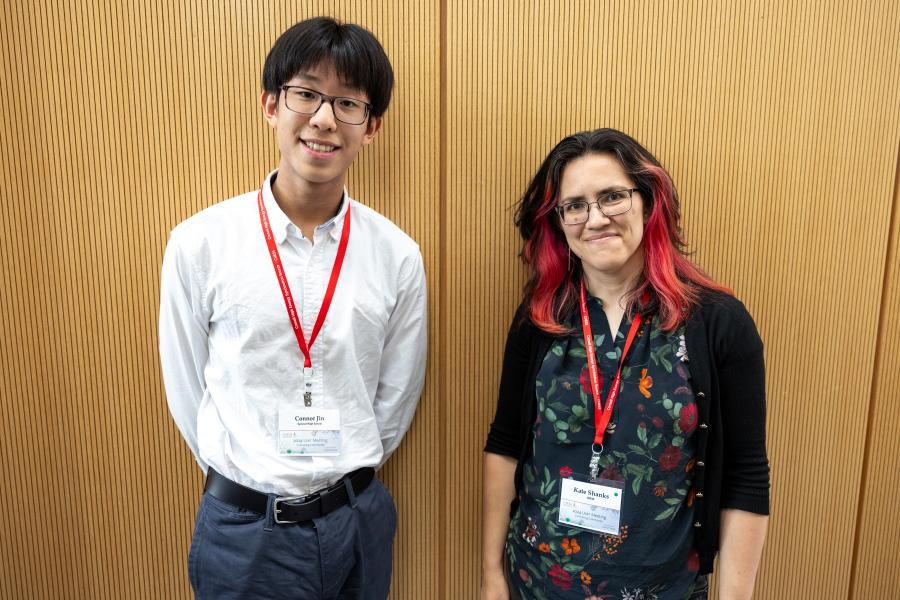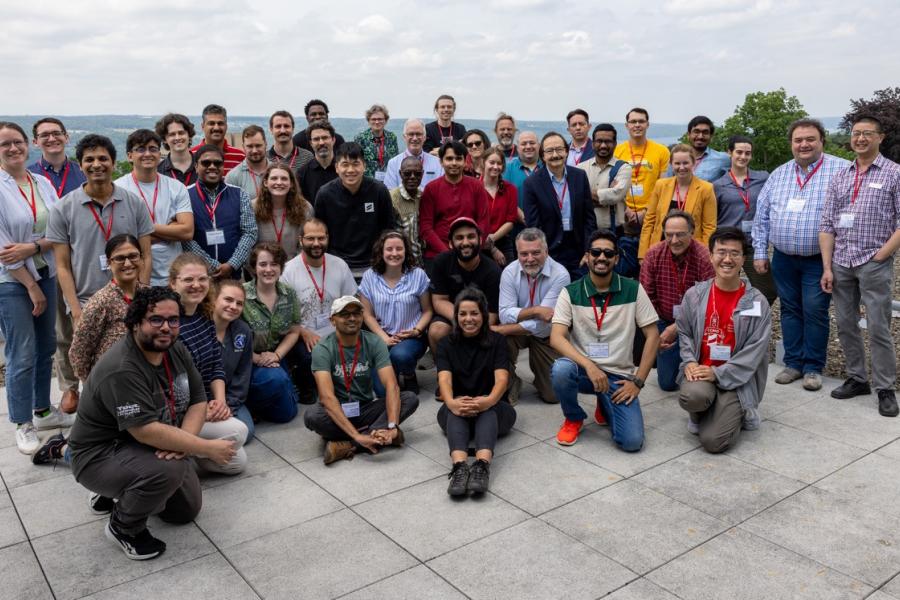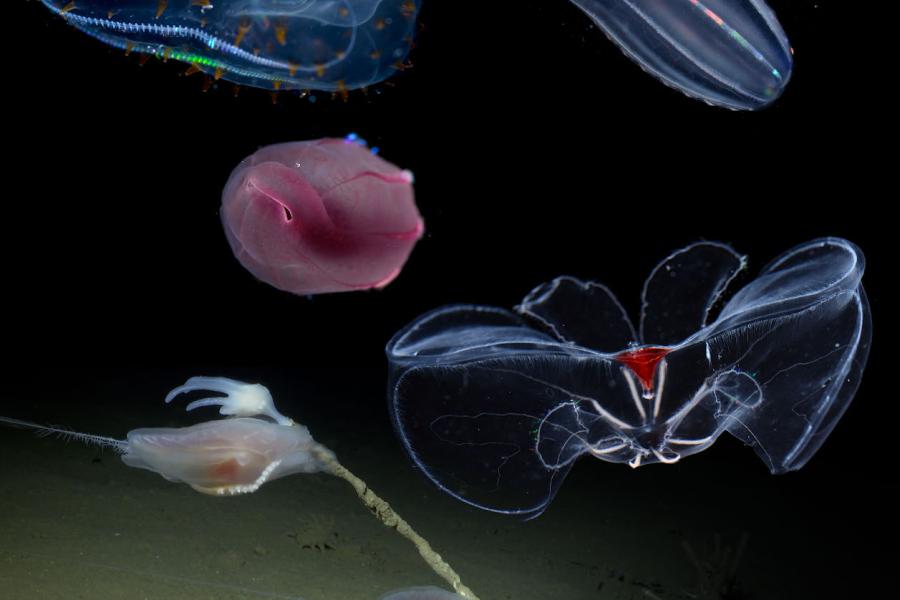Sidebar Menu (View Pages)
- Status
- ⌃ Science
-
⌃
Users
- What's the process? - Prospective User Guide
- User Guide
- Beamline Directory
- CHESS Deadlines
- X-Ray Run Schedule
- CHESS 2026_1 Updates
- Shipping
- ⌃ Safety
- Travel and Lodging
- Acknowledgments
- User Agreement
- CHESS Status Page
- ⌃ Technical Resources
- ⌃ Facilities
- ⌃ Public
- Industry
- ⌃ About
Tags
Featured
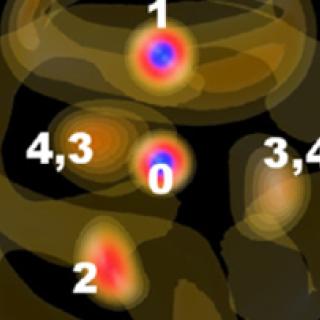
New method of 3D visualization for amorphous materials
X-rays have long been the world-leading tool for crystallography, which allows researchers to make highly accurate atomic-scale maps of the perfect repeating structures that occur in crystals.

Xraise hosts Hour-of-Code sessions
Hour of Code is a global movement that encourages students of all ages to try a one-hour introduction to computer science and the basics of coding through fun block tutorials.
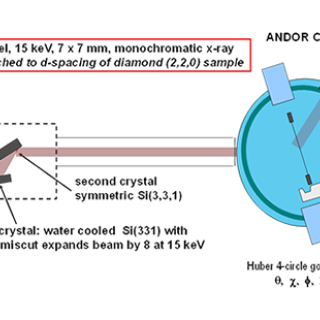
Monochromatic x-ray topography capability at CHESS
The CHESS monochromatic x-ray topography capability was reported on this summer at SRI-2015. The system (shown schematically right), typically available 6 weeks per year based on user demand at station C1, consists of a beam expanding monochromator, 6-circle diffractometer, and CHESS designed CMOS camera with real time sample-alignment capability.

Innovative transmission-mode diamond X-ray detector gives complete picture
Motivated to create a technology that could monitor, in real time, the full volumetric beam properties of an incident x-ray beam, a group of researchers from SUNY Stony Brook, Brookhaven National Laboratory and Case Western Reserve University have invented, fabricated and tested a new pixelated diamond x-ray beam “window” detector that could promise to revolutionize beamline design.
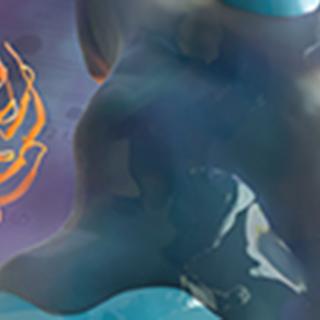
BioSAXS works to uncover cellular machinery involved in regulation of DNA transcription
The biology of human diseases and disorders is highly complex. In many cases, despite a great deal of detailed structural knowledge, understanding mechanisms is still a long way off.
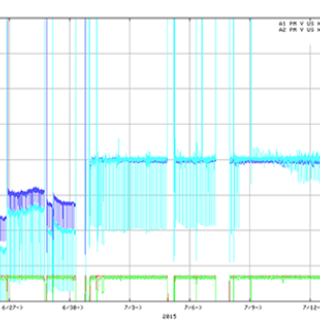
Horizontal beam stabilization for undulator beamlines at CHESS
Over the past few years CHESS has implemented and continually improved a vertical beam position correction program to reduce beam motion throughout each run as the beam decays as well as from run to run (see related article).
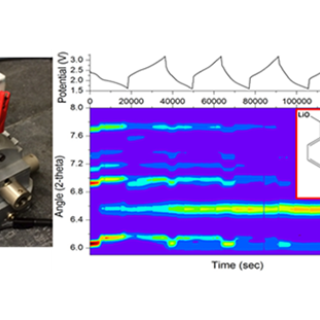
X-rays record structural changes inside lithium batteries
Organic molecules are proving themselves attractive and promising alternatives for electrical energy storage applications.
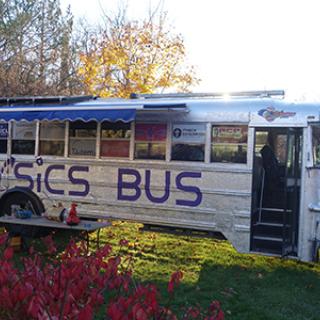
Today's "Junk Genies," tomorrow's engineers
Now into the fourth year of its JunkGenies programming, Xraise is paving the way when it comes to infusing engineering design practices into science outreach.

